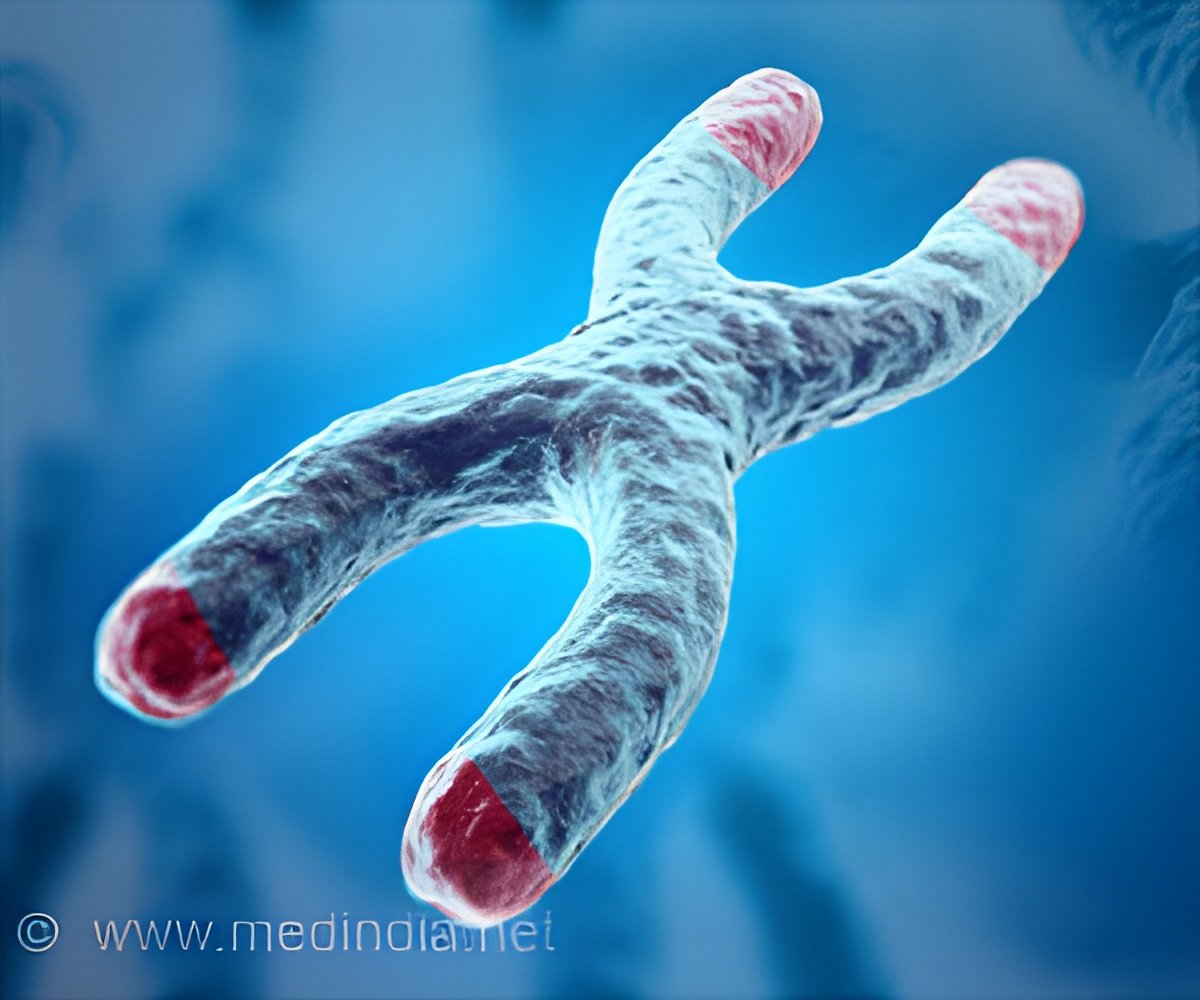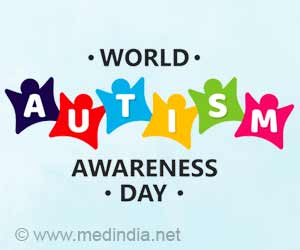Having too little KMT2C is associated with decreased expression of genes, potentially leading to changes in gene expression related to autism.

Transcriptomic dysregulation and autistic-like behaviors in Kmt2c haploinsufficient mice rescued by an LSD1 inhibitor
Go to source). Previous studies have shown that haploinsufficiency (a condition where, of the two copies of the gene, only one remains functional) of KMT2C is a risk factor for ASD and other neurodevelopmental disorders. However, the molecular mechanism through which the loss-of-function mutation in KMT2C leads to these conditions remains unclear.
‘KMT2C is linked to the genes showing decreased expression, indicating that having too little KMT2C may cause changes in gene expression related to #ASD. #autism’





To address this knowledge gap, researchers from Juntendo University, RIKEN, and the University of Tokyo in Japan aimed to provide answers to these questions in a benchmark study published in the journal Molecular Psychiatry. The research team included Professor Tadafumi Kato from the Department of Psychiatry and Behavioral Science at Juntendo University Graduate School of Medicine, Dr. Takumi Nakamura and Dr. Atsushi Takata from the RIKEN Center for Brain Science, and Professor Takashi Tsuboi from Graduate School of Arts and Sciences, The University of Tokyo.
Autism and Genetic Expression: New Insights
To get to the bottom of KMT2C’s role in ASD pathogenesis, the team developed and analyzed genetically engineered strain mice (Kmt2c+/fs) having a frameshift mutation that models the KMT2C haploinsufficiency. They then performed various behavioral analyses, in which they observed that the mutant mice exhibited lower sociality, inflexibility, auditory hypersensitivity, and cognitive impairments, which are all ASD-related symptoms.Next, they performed transcriptomic and epigenetic profiling to understand the basis of the molecular changes observed in the mutant mice. What they discovered was remarkable: the genes associated with increased ASD risk showed higher expression in these mutant mice. Dr. Takata exclaims, "This was somewhat unexpected. KMT2C mediates H3K4 methylation, which is thought to activate gene expression, and thereby KMT2C haploinsufficiency was expected to cause reduced expression of target genes."
To gain mechanistic insights into their finding, the researchers carried out chromatin immunoprecipitation, a technique to determine the location on the DNA where the protein interacts with it.
Advertisement
Finally, the researchers tested the effects of vafidemstat, a brain penetrant inhibitor of LSD1 (lysine-specific histone demethylase 1A), that could ameliorate histone methylation abnormalities. They found that vafidemstat improved the social deficits in the mutant mice and had an exceptional rescuing effect by changing the expression levels of the differentially expressed genes to their normal expression level. This finding showed that vafidemstat is a valid drug for mutant mice and can potentially help restore the normal transcriptomic state.
Advertisement
Reference:
- Transcriptomic dysregulation and autistic-like behaviors in Kmt2c haploinsufficient mice rescued by an LSD1 inhibitor - (https://www.nature.com/articles/s41380-024-02479-8)
Source-Eurekalert














